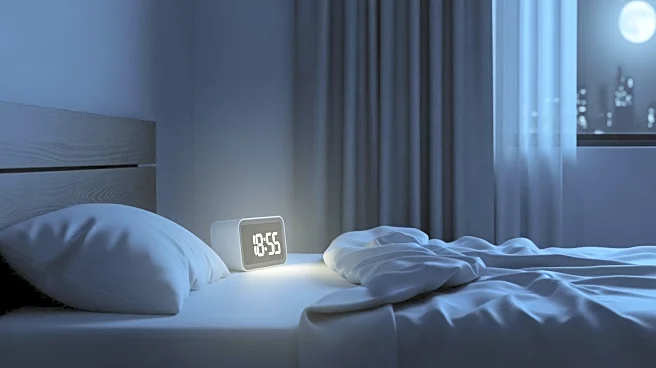What's Happening?
Adult sleepaway camps are gaining popularity as a unique retreat for individuals seeking connection and nostalgia. These camps, such as Camp Social, provide a luxury experience reminiscent of childhood summer camps but tailored for adults. Participants
engage in activities designed to foster community and personal growth, often at a significant financial cost. The concept is explored in a podcast episode by USA TODAY, where Mental Health reporting fellow Rachel Hale shares her experiences at Camp Social, highlighting the emotional and social benefits of such retreats.
Why It's Important?
The rise of adult sleepaway camps reflects a broader trend in wellness and mental health, where individuals seek novel ways to disconnect from daily stressors and reconnect with themselves and others. These camps offer a structured environment for relaxation and personal development, appealing to those who can afford the luxury. The high cost associated with these camps may limit accessibility, raising questions about inclusivity in wellness practices. As more people look for alternative methods to improve mental health, the demand for such experiences could influence the wellness industry and its offerings.
What's Next?
As adult sleepaway camps continue to gain traction, there may be an increase in similar offerings across the country, potentially leading to more affordable options. Stakeholders in the wellness industry might explore partnerships or expansions to cater to a broader audience. Additionally, the concept could inspire new wellness trends focused on nostalgia and community-building. Observers will be watching to see how these camps evolve and whether they can maintain their appeal while addressing accessibility concerns.
Beyond the Headlines
The popularity of adult sleepaway camps highlights a cultural shift towards valuing experiences over material possessions. This trend could have long-term implications for how individuals prioritize spending and leisure time. Furthermore, the emphasis on community and connection at these camps may influence broader societal attitudes towards mental health and wellness, encouraging more open discussions and innovative approaches to self-care.
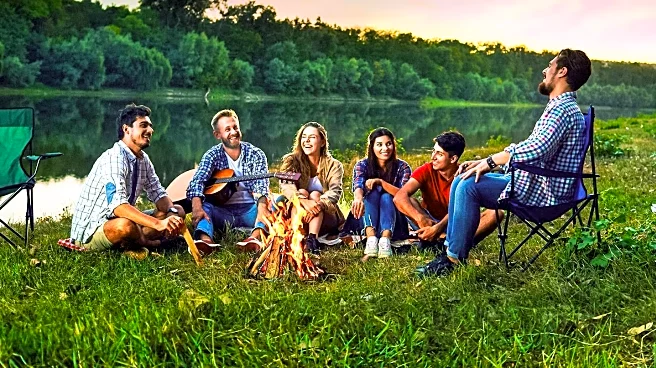



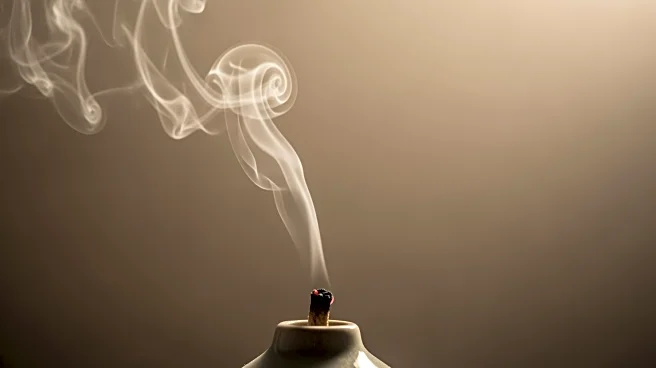


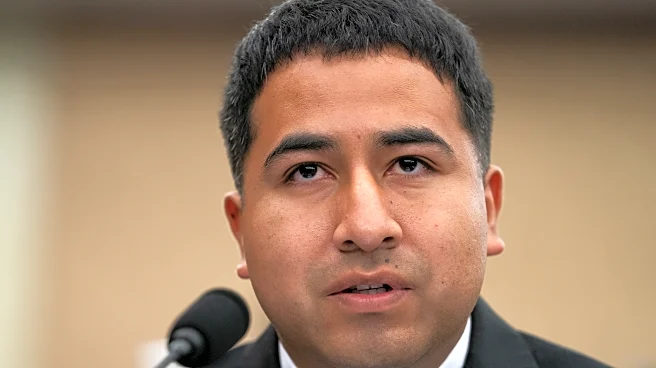

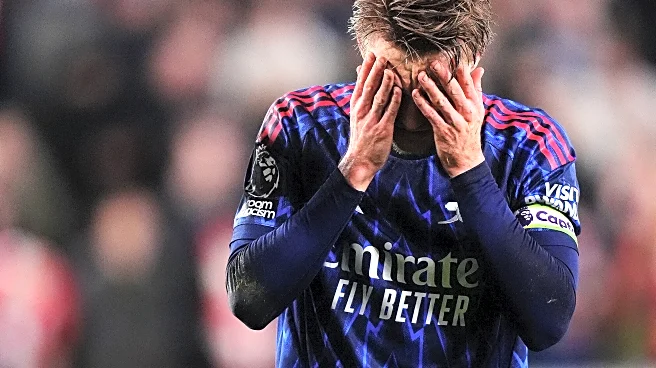
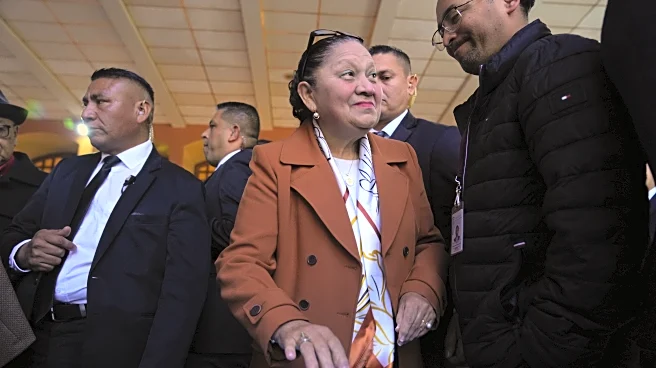
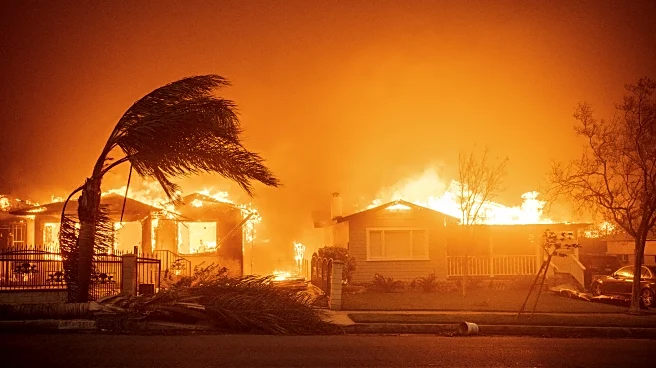

![Cortisol vs. Melatonin: The Biological War Happening Inside Every Night-Shift Worker]](https://glance-mob.glance-cdn.com/public/cardpress/binge-magazine-card-generation/spaces/US/en/discover-daily/images/ppid_7byehtbd-image-177082393426031154.webp)

